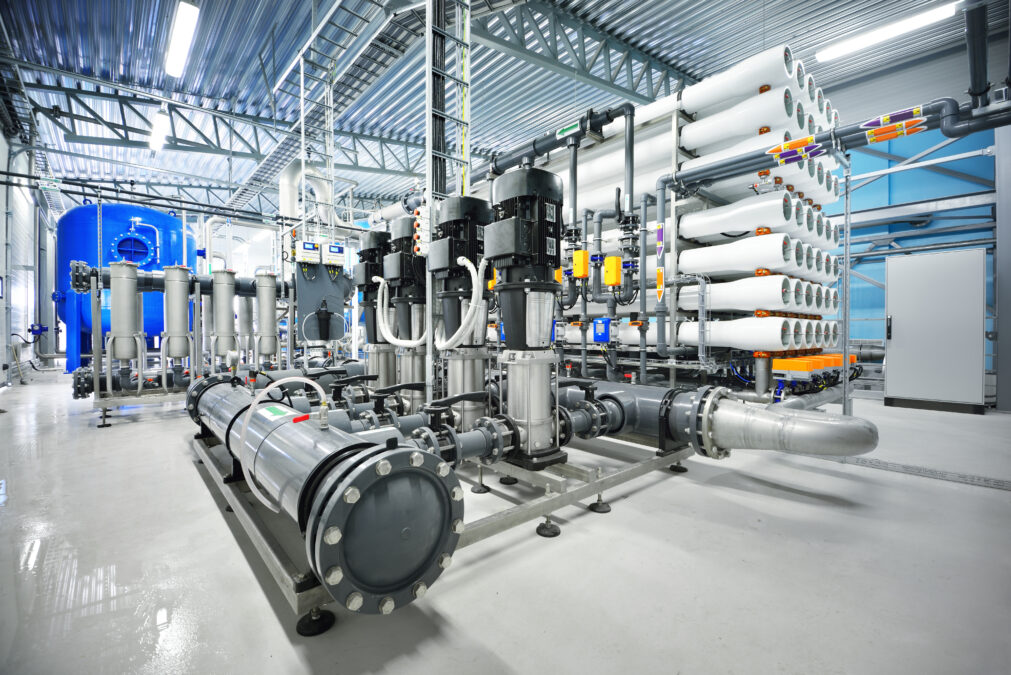Melissa Cowdry, director of field marketing at Odigo, discusses why the water industry needs to prioritise customer experience, and how automation and as-a-service solutions can help
Utilities are essential for everyday life and work — especially water. Services need to be delivered quickly, effectively and with minimal disruption to ensure homes and businesses have access to one of the most basic human needs: clean water.
In the UK, consumers and companies have no choice over their water provider. However, despite little regulator or market pressure, the way water services are delivered has been changing over recent years; with the evolution of the sector allowed to unfold over the long term. But then COVID-19 happened.
The pandemic and current cost of living crisis have opened the floodgates for rising water bills and customer dissatisfaction. The average price of a daily shower has risen by 16p to 60p, and the cost of running a bath each day now totals around £1,015 a year. A recent Ofwat study also found 17 per cent of non-household customers were unhappy with their water supplier’s service last year; up from 6 per cent in 2020 and 8 per cent in 2019.
Two years of COVID-19 showed that utilities companies had to combine effective scenario planning with customer experience (CX) transformations to enhance their interactions with the citizens. Many are increasingly looking to intelligent automation to predictively maintain, monitor and repair systems, with a rising focus on omnichannel CX.
Automation: stemming the CX tide
When the pandemic hit, the water industry had to change how they interact with customers. With national lockdowns forcing people to stay at home, and payment offices closed, digital channels became critically important. Indeed, McKinsey reported the general trend of customers moving online saw some digital activities grow more than 40 per cent.
Digital is now more important than ever before. As such, water providers must focus on weaving the technology which underpins digital services — intelligent automation — into the DNA of their engagement strategies to provide a 360-degree omnichannel customer experience.
Undoubtedly, contact centres are central to any company’s customer service effort. And with the exponential amount of data generated now, they can play a huge role in overall business strategy. Embedding intelligent automation is essential for water providers going forward; accurate and seamless service delivery can only be represented and executed in large part by its contact centre operations.
CCaaS: delivering on utility automation
The requirement for consistent service means the utility sector can often find it challenging to integrate automation without impacting the efficiency of systems. Causing further challenges, AI-driven tools like intelligent automation have, until now, primarily been considered the concern of IT departments. This has often lead to automation projects remaining siloed and businesses never quite realising projects’ full potential.
Contact Centre-as-a-Service (CCaaS) solutions offer water providers the opportunity to rapidly deploy key new technologies that make the most of analytical tools to overcome these challenges. Managing and scaling customer communication has always been difficult, not least for water companies. But CCaaS solutions can enable water providers to create integrated, customer-centric channel hubs and arm their agents with sophisticated analytics to operate them. They also provide the intelligent technology required to integrate automation into operations in a seamless and ultimately profitable way. While also facilitating and encouraging collaboration between agents regardless of where they are located.
Improved customer and agent experience, higher return on investment and increased output accuracy aren’t unfamiliar to many business leaders in the water industry. However, those who fail to read the room when it comes to customer service automation risk falling behind the rest of the industry. CCaaS solutions — flexible by nature — could prove valuable investment for utility providers looking to quickly roll-out automation without disrupting existing services.

Related:
How conversational AI is revolutionising the utilities sector — Sebastian Glock, senior technology evangelist at Cognigy, discusses how conversational AI is driving innovation in the utilities sector.
A sector under siege: how the utilities industry can win the war against ransomware — Barry Cashman, regional vice-president UK&I at Veritas Technologies, discusses how the utilities sector can win the war against ransomware.







